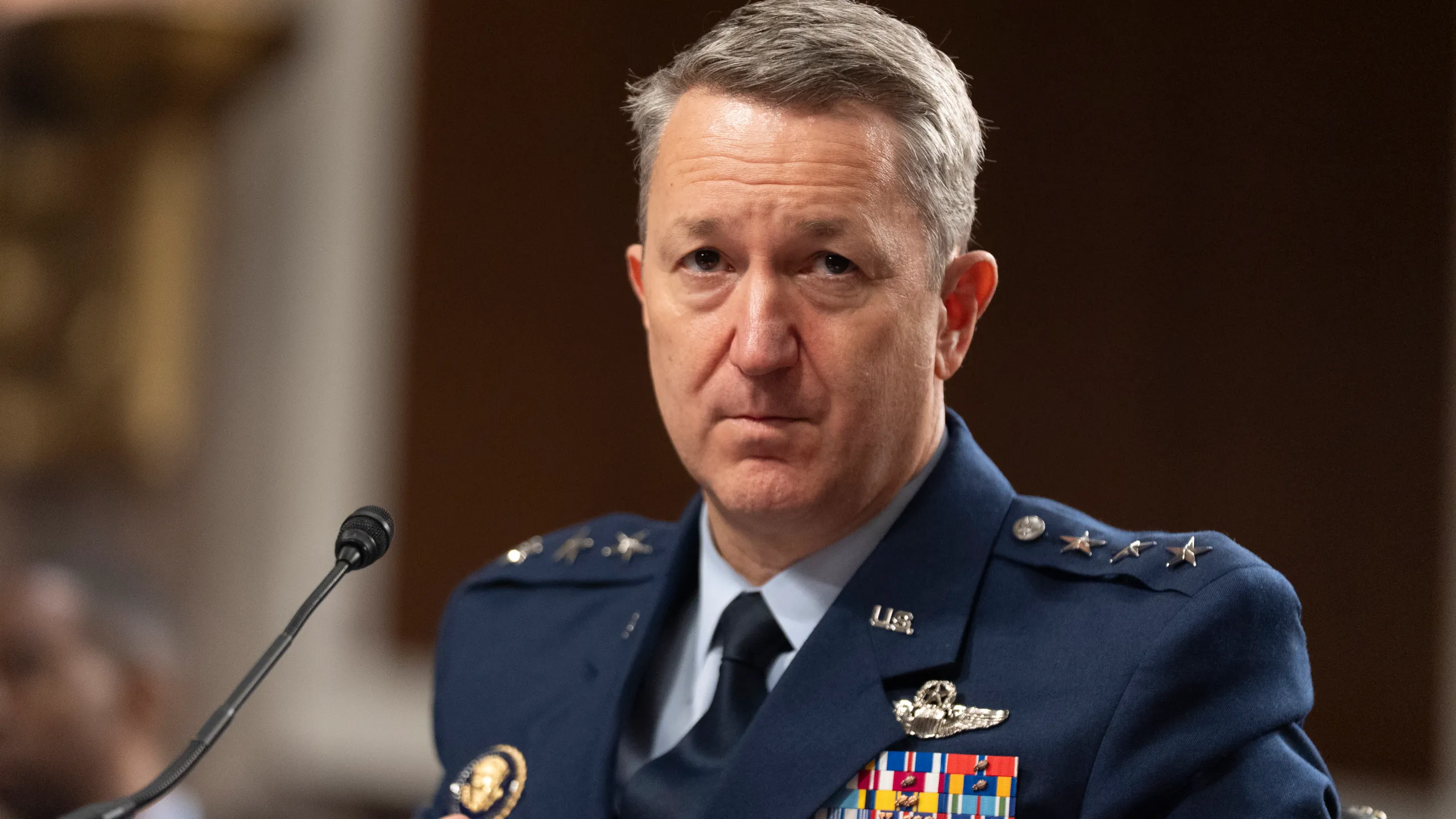Already a subscriber? Make sure to log into your account before viewing this content. You can access your account by hitting the “login” button on the top right corner. Still unable to see the content after signing in? Make sure your card on file is up-to-date.
The United States Senate has officially confirmed retired Air Force Lt. Gen. Dan “Razin” Caine as the new chairman of the Joint Chiefs.
Some shit you should know before you read: If you’re unaware, the former chairman of the Joint Chiefs, General CQ Brown Jr., was dismissed by President Donald Trump in February as part of a broader effort to remove senior military leaders perceived as supportive of diversity and inclusion initiatives. In Brown’s place, Trump nominated retired Air Force Lt. Gen. Dan “Razin” Caine, an F-16 combat pilot who previously served in classified Pentagon roles and as a liaison between the CIA and the Department of Defense.

What’s going on now: In an early morning vote, the Senate confirmed Caine as chairman of the Joint Chiefs of Staff by a margin of 60-25. The vote came after Democrats initially blocked efforts to fast-track the process in protest of the firing of Gen. CQ Brown. Despite the controversy, 15 Democrats and independent Sen. Angus King joined Republicans in supporting Caine’s nomination.
Caine’s confirmation is unprecedented as he becomes the first person to climb directly to chairman of the Joint Chiefs without previously holding the four-star rank or leading a military branch or combatant command—requirements outlined in a 1986 law. President Trump bypassed those statutory prerequisites by invoking a national interest waiver.
As chairman of the Joint Chiefs of Staff, Caine assumes the role of the president’s top military adviser and the highest-ranking officer in the Pentagon. Though the position does not carry operational command authority over troops, it holds enormous influence over defense strategy, military policy, and interagency coordination at the highest levels of government.






